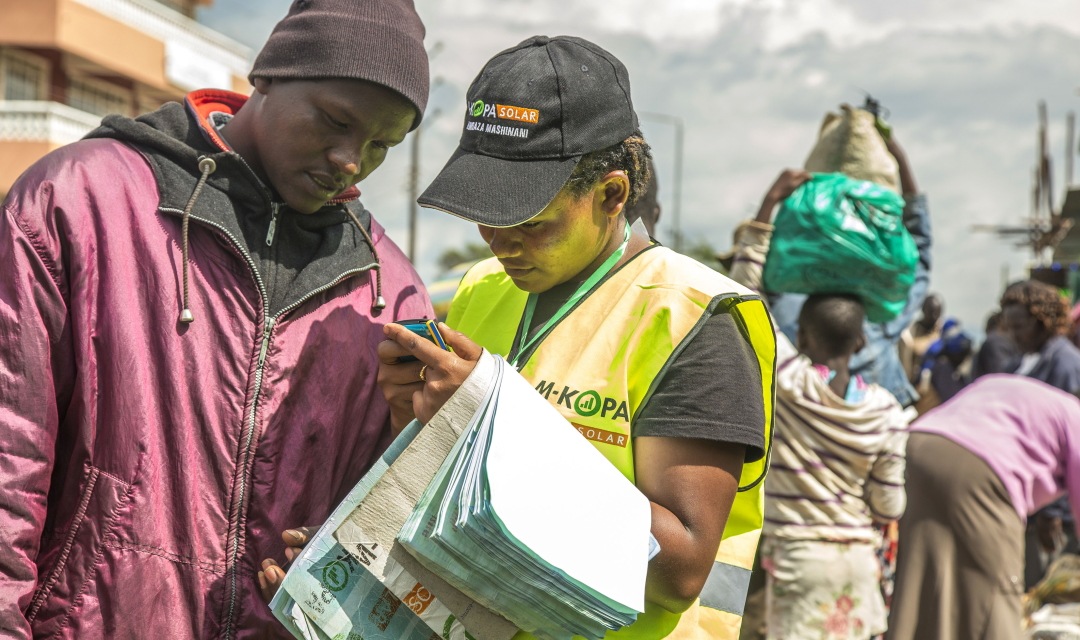Following the early success of AECF’s agriculture investment programmes, the same model was used to support the development of the private sector in renewable energy. These early programmes looked to finance emerging companies working with household solar systems, mini grids, biogas, and pellets and other renewable fuel sources. It also worked with companies developing improved cookstoves that would help reduce indoor air pollution.
The programme was hugely successful in kick starting the whole household solar sector in East Africa as it emerged at the same time as a conditional enabling environment and particularly the establishment of mobile money in Kenya. Mini grids has been less successful due to difficulties with the regulatory environment and sustainable solutions at scale are still being sought for clean cooking. Later investment rounds also encompassed investments in very early-stage adaptation technologies to help people live with the consequences of climate change. This has given AECF one of the few portfolios of adaptation investments, with successes in pastoral farmer insurance, hermetically sealed grain storage, pre-paid water metering and forage seeds. Overall, the programme generated household level development impact of $360m on an investment of a little over $40m into 58 companies and created or sustained 6,300 jobs.
Case Studies
MKOPA has emerged as a continent leader in household solar technologies after initial investment from AECF, scaling across the region. It contributed one third of the development impact of the programme as a whole – during the six years where AECF was recording impact, the company reached 587,000 households in Kenya, Tanzania and Uganda.
With follow on capital raising now exceeding $100m, MKOPA has fulfilled all of AECFs aspirations in creating an entirely new industry that brings technological solutions to low-income households and has been a fundamental part of the expansion of mobile money payment mechanisms to poor people.

